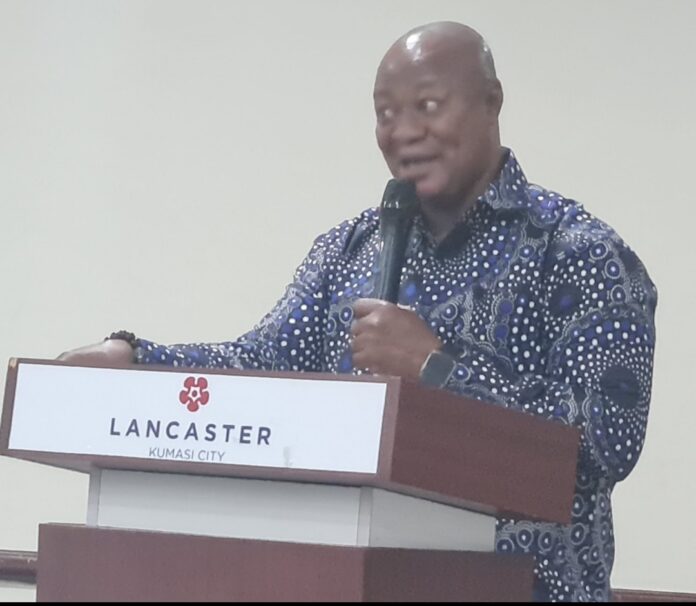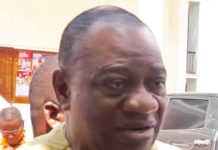Seventy-five participants, comprising Territorial Management Group, Technical Working Group, Community Agents of Change and the media, have reviewed the operational plans for a sustainable urban solid waste management under the Holistic Reinforcement for Sustainable Development (HORESD) project.
They reviewed the circular economy support plan, education and enforcement communication plan, sustainable urban solid waste management plan, and the sustainable financing revenue mobilisation plan at the workshop which formed part of the implementation of the (HORESD) project being funded by the European Union at €2.5 million over 30 months.
The project is to build the capacity of the local authorities and improve service delivery, particularly in the area of waste management.
The project is also expected to strengthen Kumasi’s capacity to provide public services with priority for an integrated management system of urban solid waste.
It would be piloted through the implementation of comprehensive waste management and collection systems, for which four small community composting plants and two small recycling stations, as well as a small plant to generate energy from waste would be established in Kumasi.
Mr. Prosper Kotoka said 105 locations had been identified in the Central Business District of Kumasi for the siting of waste bins.
Others would be placed at Duase, Buokrom Estate, Krofrom, Moshie Zongo, Odumasi, Manhyia and Yenyawso.
The project would, however, be piloted at Foman Hill and Alla Bar areas.
According to Mr. Kotoka, a composting and recycling plant would be sited in the project implementation area.
He said the cost of operation in the Central Business District alone would be GH¢9,489,794.
Mr. David Abbam Adjei, Finance Officer of the Kumasi Metropolitan Assembly (KMA), said about GH¢8,315,722.40 out of the total operation cost of GH¢11,015,396, including communal service, was expected to be realised from targeted revenue projections to support the project.
Addressing the participants, the Mayor of Kumasi, Samuel Pyne, noted that the project was a road map to transform Kumasi into a modern city, and urged the participants to approach their roles towards the implementation of the project with diligence and passion.









